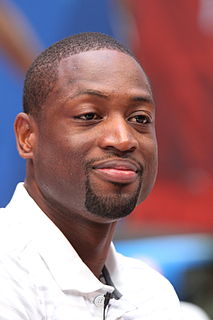A Quote by Pawel Pawlikowski
I'm so happy when someone does something original, and there's no focus group or planning committee. If the cinema doesn't get an injection of that once in a while, we're in trouble.
Related Quotes
The trouble is that America's become a utopia accessible only to some people. Others get trampled on. Perhaps it's a problem of size. Robin Dunbar, an anthropologist, once gave the ideal number of a given community as 148. That seems about right to me. There's something idealistic about that - in a group of 148 people you can get to know everybody.
I think what I loved in cinema - and what I mean by cinema is not just films, but proper, classical cinema - are the extraordinary moments that can occur on screen. At the same time, I do feel that cinema and theater feed each other. I feel like you can do close-up on stage and you can do something very bold and highly characterized - and, dare I say, theatrical - on camera. I think the cameras and the viewpoints shift depending on the intensity and integrity of your intention and focus on that.
The Open Market Committee, as presently established, is plainly not in the public interest. This committee must be operated by purely public servants, representatives of the people as a whole and not any single interest group. The Open Market Committee should be abolished, and its powers transferred to the Federal Reserve Board - the present public members of the committee, with reasonably short terms of office.
I had always planned when I started directing in 1970 that after a few years I'd get tired of looking at myself on the screen and say: "Hey, let's not do that any more." But then every once in a while something pops up. I'm not saying it won't happen again but probably the odds get less as you set yourself for roles that fit your age group.
Every once in a while, someone would call me a foreigner or a Yankee, or whatever. In the United States, someone might say something, like how kids do, to point out that you're different. That would come as a surprise to me. As you get old, you either get defensive about it or you accept it and you reach out, because you realize the world's full of people like that.
Art was always a means to an end with me. You get an idea, and you just can't wait. Once you've started, then you're in there with the punches flying. There's plenty of trouble, but you can handle it. You can't back out. It gets you down once in a while, but it's exciting. Our whole business is exciting.
The culture in which you parent, mentor, or educate boys exhorts them to be individualistic and group-oriented at once, but does not give them a tribal structure in which to accomplish both in balance. It used to be that the tribe formed a boy's character while the peer group existed primarily to test and befriend that character. Nowadays, boys' characters are often formed in the peer group. Mentors and intimate role models rarely exist to show the growing boy in any long-term and consistent way how both to serve a group and flourish as an independent self.






































